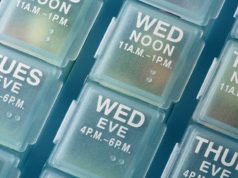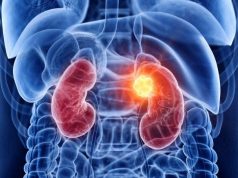Significant reduction seen in systolic blood pressure with zilebesiran 150, 300, 600 mg once in six months; 300 mg once every three months
By Elana Gotkine HealthDay Reporter
TUESDAY, Feb. 20, 2024 (HealthDay News) — A single dose of subcutaneous zilebesiran is associated with a reduction in systolic blood pressure (SBP), according to a study published online Feb. 16 in the Journal of the American Medical Association.
George L. Bakris, M.D., from the University of Chicago in Illinois, and colleagues examined antihypertensive efficacy and safety of different zilebesiran dosing regimens in a phase 2 randomized trial. Participants were randomly assigned to one of four zilebesiran regimens (150, 300, or 600 mg once every six months or 300 mg once every three months) or placebo for six months. The full analysis set included 377 patients: 302 receiving zilebesiran and 75 receiving placebo.
The researchers found that the 24-hour mean ambulatory SBP changes were â7.3, â10.0, and â8.9 mm Hg with zilebesiran 150 mg once every six months, 300 mg once every three months or once every six months, and 600 mg every six months, respectively, compared with 6.8 mm Hg with placebo. In the change from baseline to month 3, the least-squares mean differences versus placebo were â14.1, â16.7, and â15.7 mm Hg for zilebesiran 150 mg every six months, 300 mg once every three months or six months, and 600 mg every six months, respectively. Over six months, 60.9 and 50.7 percent of patients receiving zilebesiran and placebo, respectively, had adverse events, and 3.6 and 6.7 percent, respectively, had serious adverse events.
“These data support further investigation of zilebesiran as a therapeutic strategy for patients with hypertension,” the authors write.
Several authors disclosed ties to pharmaceutical companies, including Alnylam Pharmaceuticals, which manufactures zilebesiran and funded the study.
Copyright © 2024 HealthDay. All rights reserved.








